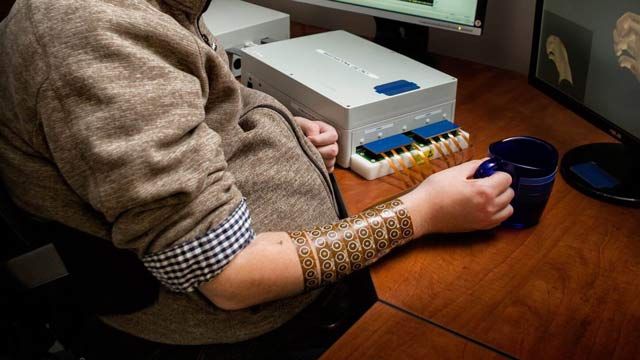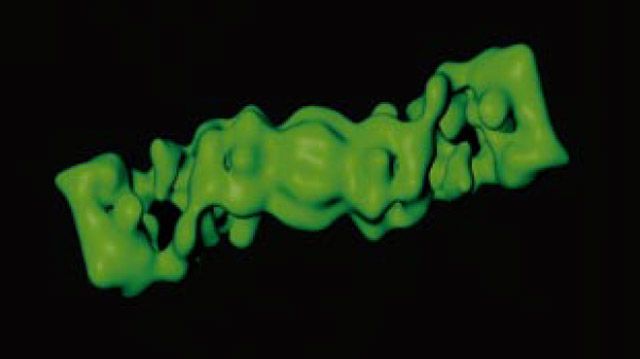Research organizations use MATLAB and Simulink to apply deep learning, predictive modeling, and statistical analysis techniques. You and your team can share a common set of products for exchanging work and ideas. You can also add discipline-specific toolboxes, apps, and add-on products and deploy them in specific areas while training the entire team on the capabilities of MATLAB and Simulink. These products enable you to speed up projects across scientific segments.
With MATLAB and Simulink, you can:
- Create classification and predictive models for health analytics
- Automate image analysis tasks such as facial recognition
- Use extensive statistics capabilities to determine significance in studies
- Model and simulate physical phenomena and develop implementations for systems
- Engage with a community of developers who have solved similar problems
- Acquire live data from individual instruments, cards, sensors, or Internet of Things approaches
“For our group, the main advantages of MATLAB include the ability to rapidly prototype our algorithms, debug them using great visualization tools, and then easily share the code with others in the vision research community.”
Using MATLAB and Simulink for Government Research and Institutes
Deep Learning and Image Processing
With just a few lines of MATLAB code, you can build deep learning models that use your measured data to identify objects and predict abnormal conditions. Image Processing Toolbox apps let you automate common processes like segmenting image data and batch processing large image data sets. You can use MATLAB in image processing applications such as thermal imaging of equipment, biomedical classification for health analytics, and manufacturing quality inspection. With deep learning in MATLAB, you can learn feature representations directly from image, video, or signal data.


Data Acquisition
MATLAB and Simulink products for data acquisition let you acquire, analyze, and visualize data from files, applications, web services, and devices. You can access data from:
- Hardware such as data acquisition boards, test and measurement instruments, CAN bus interface devices, and imaging devices
- ODBC-compliant or JDBC-compliant databases, OPC servers, and several financial data servers
Learn More
Explore Products
GPU Computing
MATLAB enables you to use NVIDIA® GPUs to accelerate AI, deep learning, and other computationally intensive analytics without having to be a CUDA® programmer. Using MATLAB and Parallel Computing Toolbox, you can:
- Use NVIDIA GPUs directly from MATLAB with over 500 built-in functions.
- Access multiple GPUs on desktop, compute clusters, and cloud using MATLAB workers and MATLAB Parallel Server.
- Generate CUDA code directly from MATLAB for deployment to data centers, clouds, and embedded devices using GPU Coder.
- Generate NVIDIA TensorRT™ code from MATLAB for low latency and high-throughput inference with GPU Coder.
- Deploy MATLAB AI applications to NVIDIA-enabled data centers to integrate with enterprise systems using MATLAB Production Server.

Deploy and Integrate Data Analytics Models into Enterprise Applications
While MATLAB offers an environment for developing advanced data analysis and machine learning algorithms, these models and systems often must be deployed into the real world. This is especially true when extracting meaningful information from big data. There are many different options for the deployment of MATLAB algorithms, including the generation of portable C/C++ code, compiled executables, web-based applications, or even integration to mobile apps.

Explore Products

Cloud Computing
You can use MATLAB in cloud environments from MathWorks Cloud to public clouds, including AWS® and Azure®.
With MathWorks Cloud, you can use MATLAB and Simulink in:
- Web browsers
- Public clouds
- Docker containers





